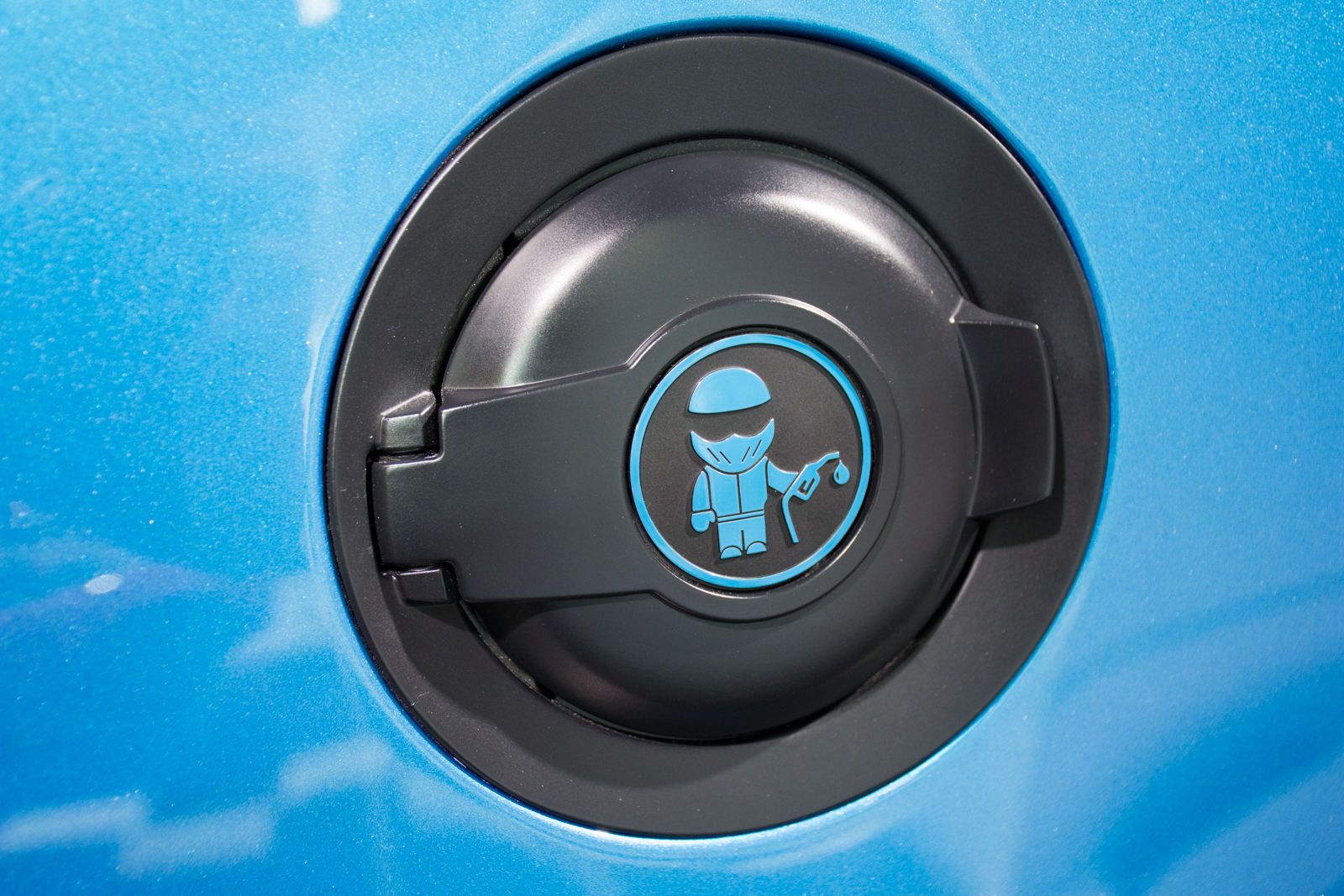One of the biggest misconceptions among motorists is that premium grade fuel — with an octane rating of 91 or higher — is better for all cars. While the marketing teams at major fuel suppliers would like you to think so, it simply isn’t true.
If your car requires premium fuel — there’s usually a sticker inside the fuel door that says “Premium Unleaded Only” — then by all means, use only 91 octane or higher because anything less could harm your engine. But for those with non-performance-oriented, volume-selling cars like a Honda Civic or Ford Focus, filling up with Premium gasoline won’t improve performance or fuel economy — you’re simply paying more for something you car can’t take advantage of.
Without getting too technical, let’s take a quick look at why octane ratings exist, and what it means for your car’s engine. And no, I didn’t just go to Wikipedia — I’m drawing from my years of experience as a chemical engineer working for an oil refinery.
Octane defines the maximum amount of compression a fuel can take before pre-igniting (exploding when it’s not supposed to) and causing a phenomenon called knocking or pinging. This is the sound you hear when pre-ignition pushes against a piston in the wrong direction. Think of it like someone pushing a door closed at the same time you’re trying to push it open — it’s a lot of wasted energy.
Pre-ignition can damage engine components, and most high-performance cars (or small turbocharged engines with lots of horsepower) have high-compression engines, which is why they require premium or high-octane fuel. But your base model Honda Civic is going to do just fine with regular (87 octane) fuel. It can’t sense that you’ve filled up with premium and dial up compression for more horsepower.
I’ve lost count of how many times I’ve heard people say they’re “treating” their car with premium fuel. The only treat the car is getting is the additives found in premium fuels from suppliers like Shell. But going to a 76 or Chevron gas station will net the same results because they offer additives in all of their fuel grades, not just premium. You can save a bit of money and still get the benefits of additional detergents by switching brands instead.
To be honest, fuels today are much cleaner and leave less engine deposits because of ever-increasing environmental regulations, so as long as you fill up with top tier gasoline, your car will be just fine. (Pro-tip: Costco fuel is top tier and is usually the least expensive on the market!)
Stick with your vehicle manufacturer’s recommended fuel grade and save money on each fill-up. It adds up over time!


